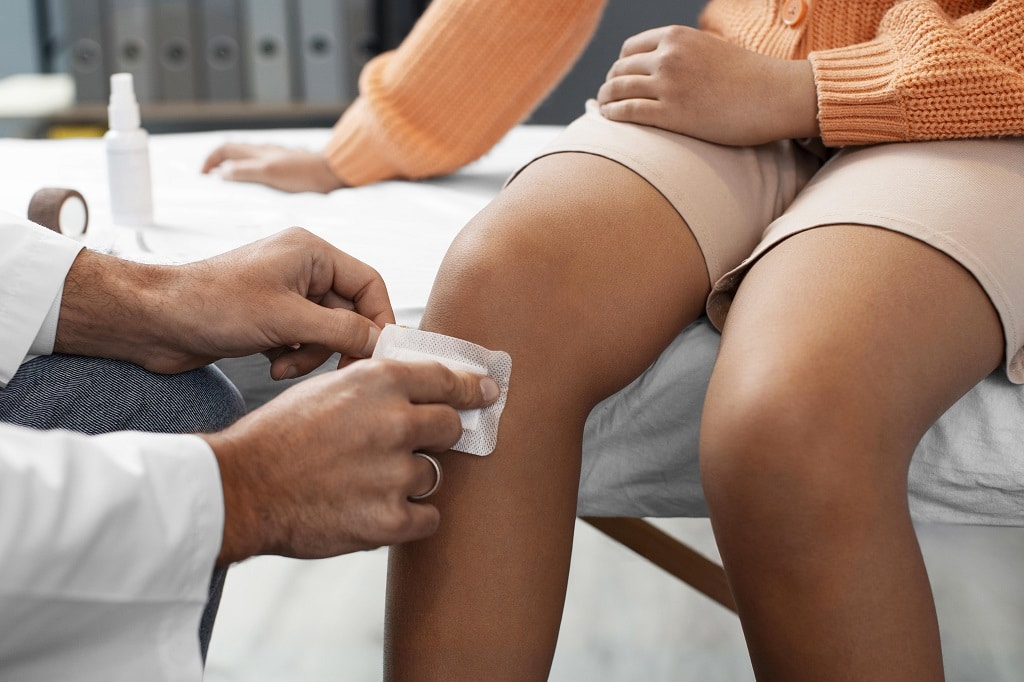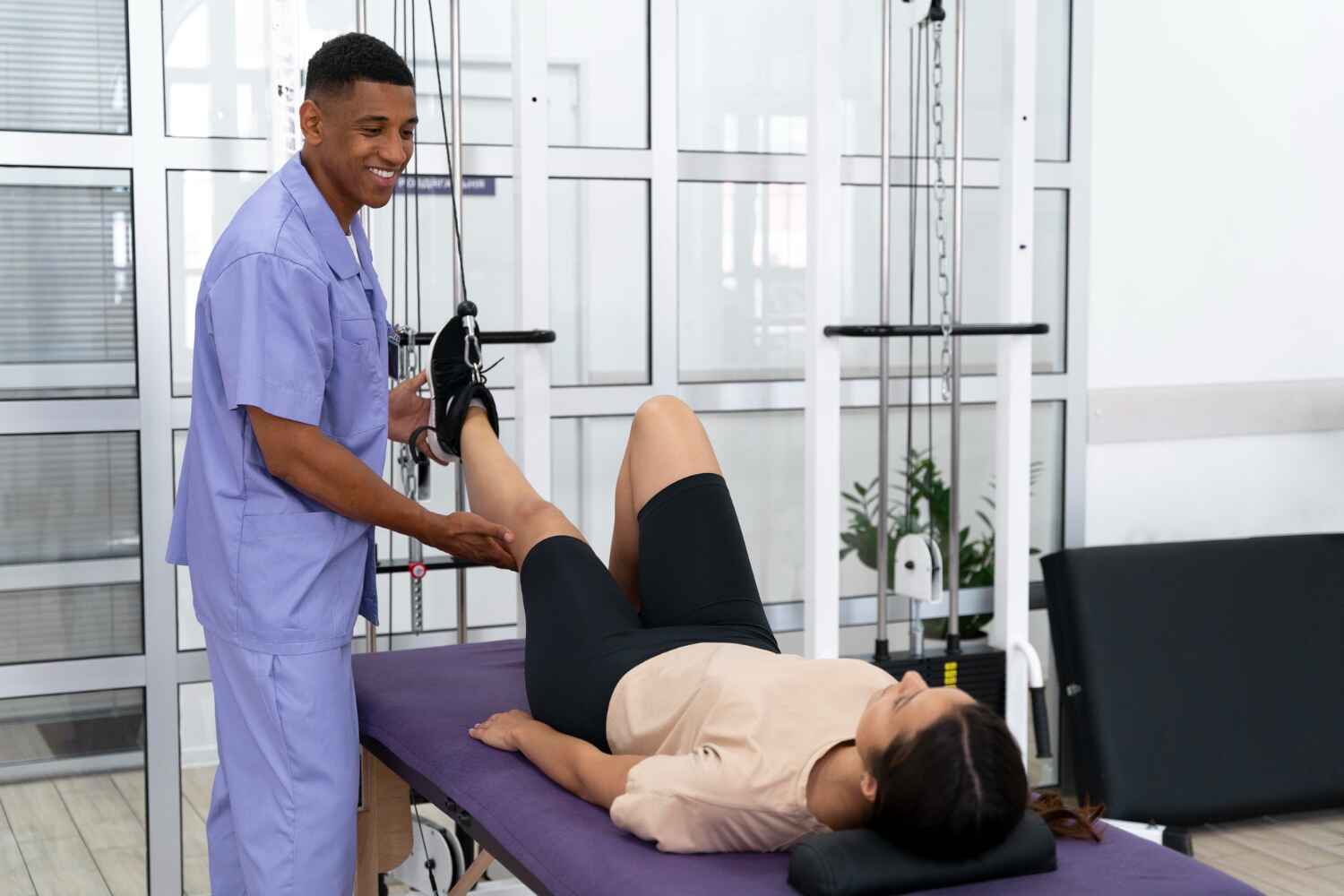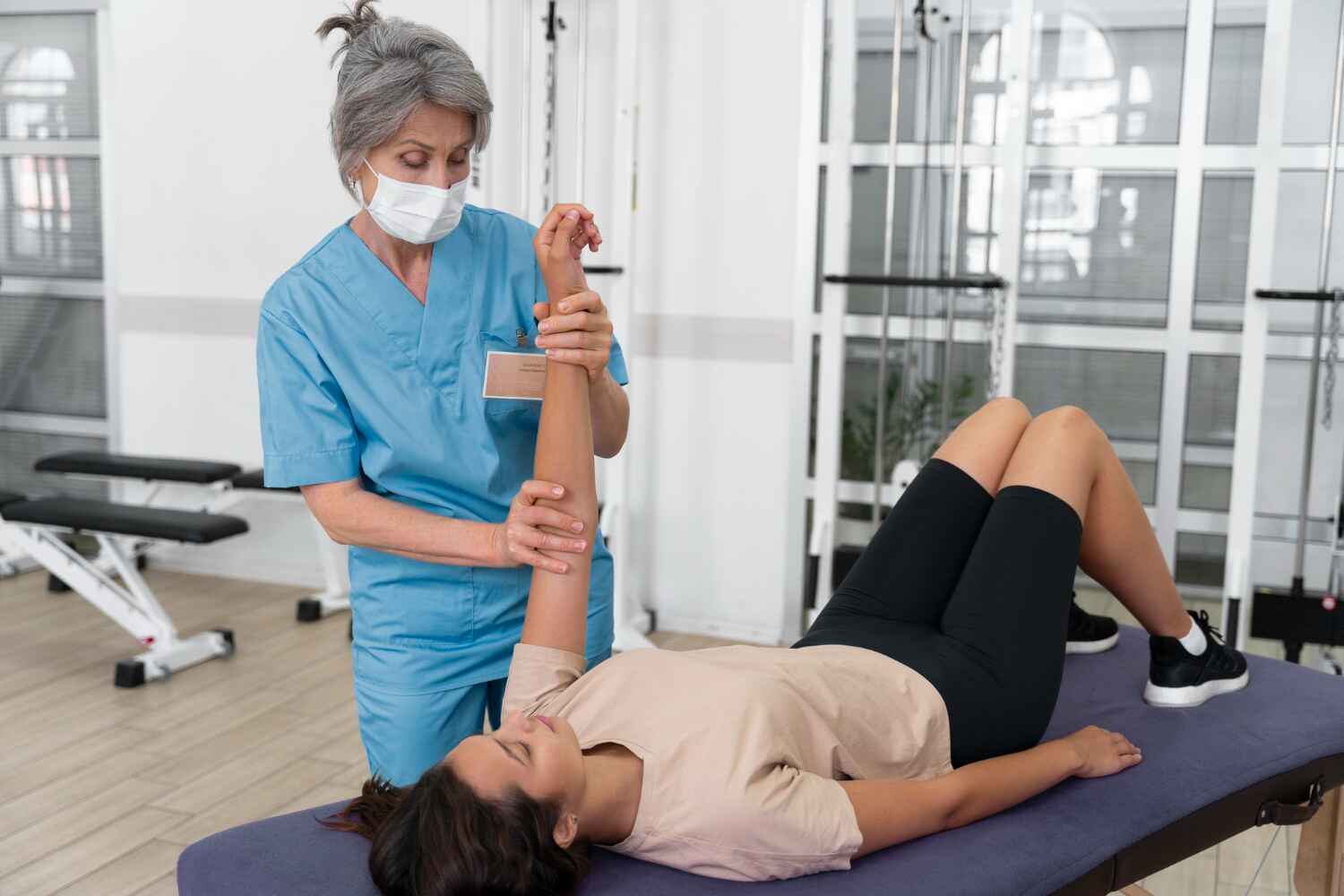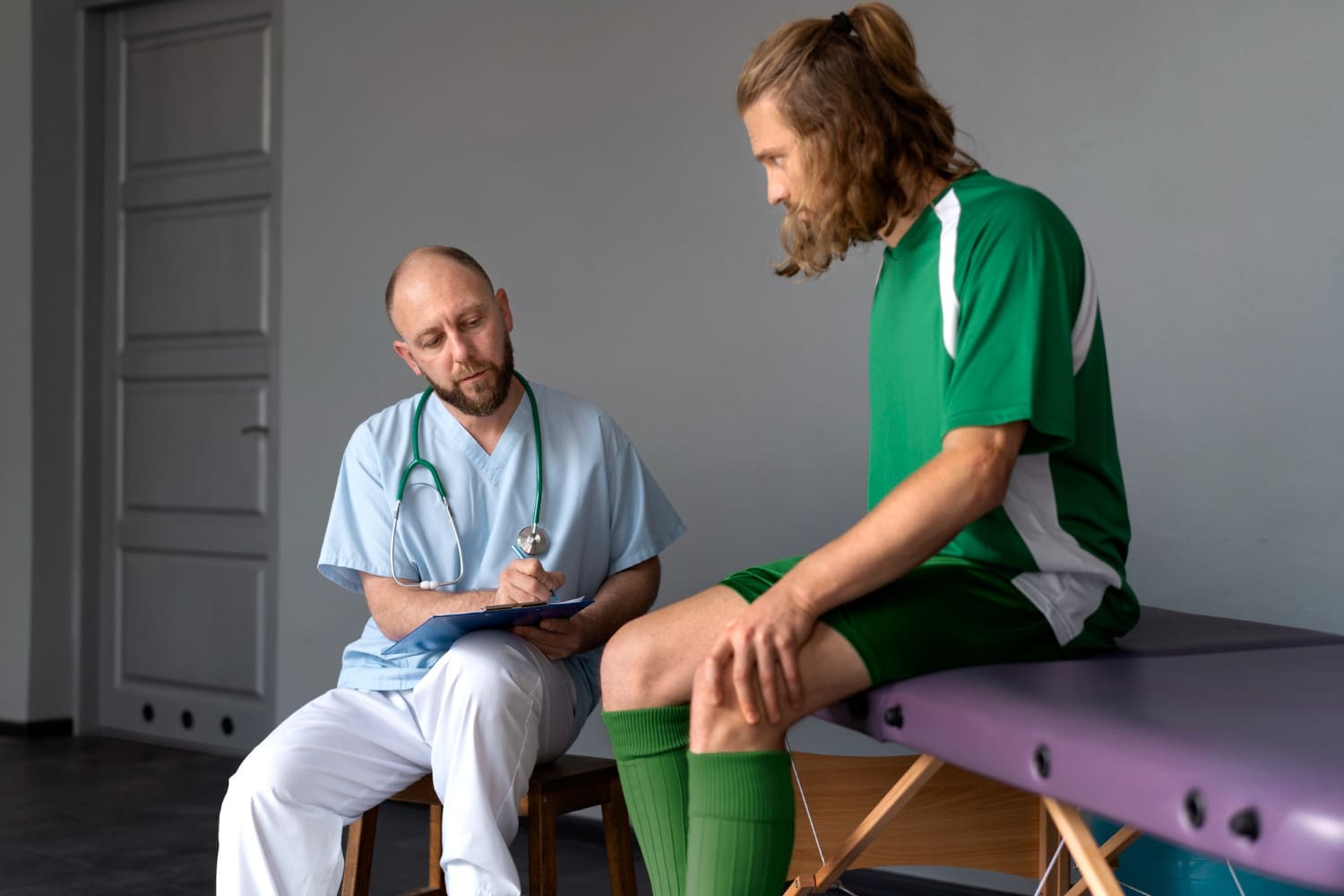
Knees, the unsung heroes of mobility, bear the brunt of our active lives. From running marathons to simply climbing stairs, our knees endure a considerable amount of stress. However, when injury strikes, the road to recovery can often feel like an uphill battle. Enter Platelet-Rich Plasma (PRP) therapy, a revolutionary approach to knee rehabilitation that’s gaining traction for its remarkable effectiveness. Let’s delve into the science behind PRP injections and how they facilitate swift and efficient knee recovery.
Understanding PRP Therapy
Platelet-rich plasma therapy involves harnessing the body’s natural healing mechanisms to expedite tissue repair. The process begins by extracting a small sample of the patient’s blood, which is then spun in a centrifuge to separate the platelets and plasma from other blood components. These platelets are rich in growth factors and proteins essential for tissue regeneration.
How PRP Aids Knee Recovery
1. Stimulating Tissue Repair: Platelets play a pivotal role in the body’s healing process. When concentrated and injected into the site of injury, PRP delivers a potent dose of growth factors directly to the damaged tissues, accelerating repair and promoting the formation of new, healthy cells.
2. Reducing Inflammation: Inflammation is a common culprit in knee injuries, causing pain and hindering recovery. Platelet-rich plasma therapy has been shown to alleviate inflammation by modulating the body’s immune response, providing much-needed relief, and creating a conducive environment for healing.
3. Enhancing Cartilage Regeneration: Cartilage damage, whether due to injury or degenerative conditions like osteoarthritis, poses a significant challenge to knee health. PRP injections have demonstrated the ability to stimulate cartilage regeneration, offering hope for patients grappling with joint deterioration.
4. Pain Management: Chronic knee pain can significantly impact one’s quality of life, limiting mobility and impeding daily activities. PRP therapy not only addresses the underlying cause of pain but also acts as a natural analgesic, providing long-lasting relief without the need for pharmaceutical intervention.
The Road to Recovery
While Platelet-rich plasma therapy holds immense promise for knee rehabilitation, it’s essential to approach treatment with realistic expectations. The effectiveness of PRP injections may vary depending on factors such as the severity of the injury, the individual’s overall health, and adherence to post-injection rehabilitation protocols.
Furthermore, PRP therapy is not a one-size-fits-all solution and may not be suitable for everyone. Consulting with a qualified and experienced Dr. Cesar Ceballos is crucial to determine whether PRP injections are the right course of action based on the patient’s specific needs and medical history.
Benefits of PRP Treatment for Knee Injuries
1. Natural Healing: Platelet-rich plasma (PRP) treatment utilizes the patient’s blood, concentrating platelets rich in growth factors. This natural approach stimulates the body’s healing process, promoting tissue repair in the knee joint.
2. Non-Surgical Option: PRP therapy offers a non-surgical alternative for knee injuries such as ligament tears, osteoarthritis, and tendonitis. Patients can avoid the risks and recovery time associated with invasive procedures like surgery.
3. Reduced Pain: PRP injections can alleviate knee pain by reducing inflammation and promoting tissue regeneration. This can lead to improved mobility and overall comfort, allowing patients to resume daily activities with less discomfort.
4. Minimal Side Effects: Since PRP treatment uses the patient’s blood components, there is a lower risk of adverse reactions or complications compared to synthetic medications or surgical interventions. Side effects are extremely rare, and if encountered are typically mild and temporary, such as redness or swelling at the injection site.
5. Long-Term Relief: PRP therapy aims not only to alleviate symptoms but also to address the underlying cause of knee injuries. By stimulating tissue repair and regeneration, PRP treatment may provide long-lasting relief, potentially delaying or preventing the need for more invasive interventions in the future.
6. Faster Recovery: Compared to traditional treatments, PRP therapy often leads to quicker recovery times. Patients may experience improvements in knee function and pain relief within a few weeks after the procedure, allowing them to return to their normal activities sooner.
7. Personalized Approach: Platelet-rich plasma treatment can be tailored to suit individual patient needs. Healthcare providers can adjust the concentration of platelets and the number of injections based on the severity of the knee injury and the patient’s response to treatment, ensuring personalized care and optimal outcomes.
How Does PRP Work for Knee Osteoarthritis?
When platelets are concentrated in plasma, they can help to promote healing and growth. When PRP is injected into the knee joint capsule, it helps to deliver these platelets directly to the area that needs them most. This can help to reduce inflammation and promote healing.
Revolutionizing Knee Rehabilitation: The Promise of Platelet-rich Plasma Therapy
Platelet-rich plasma therapy represents a paradigm shift in the realm of knee rehabilitation, offering a safe, non-invasive alternative to traditional treatments. By harnessing the body’s innate healing capabilities, Platelet-rich plasma injections hold the potential to revolutionize the way we approach knee injuries, paving the way for faster recovery, improved mobility, and enhanced quality of life. As research continues to unfold, the future looks promising for this groundbreaking therapy.
Experience the promise of Platelet-Rich Plasma Therapy! Contact Ortho Miami at (786) 746-8060 and take the first step towards faster recovery, improved mobility, and an enhanced quality of life.


